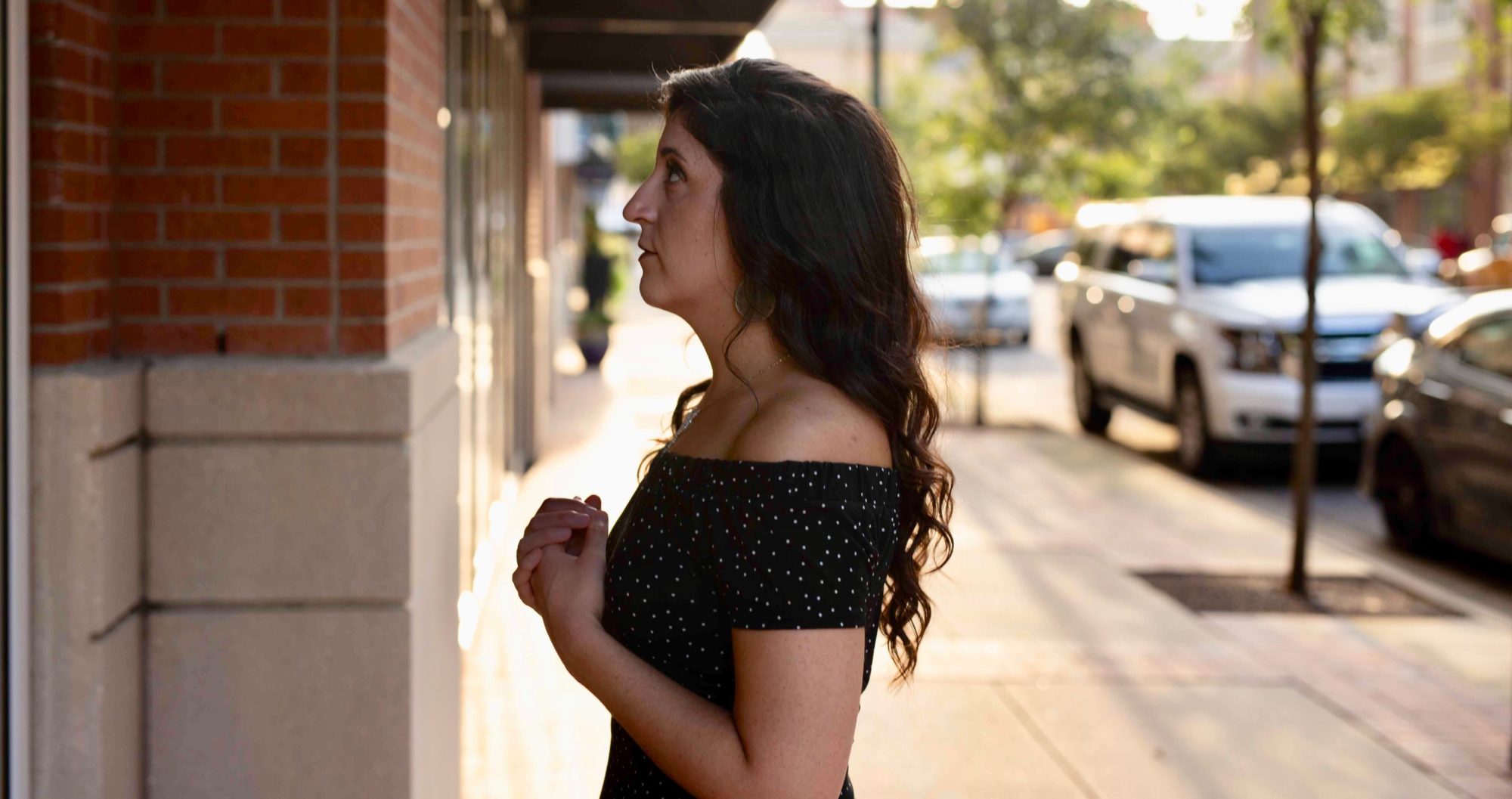You know what’s weird?
I’ll tell you.
I answered the phone at work once, the way I do…
“Tampa Bay Times!”
What’s supposed to happen next is standard procedure: the person who dialed my desk explains why he or she called. But this day, my greeting didn’t elicitan explanation. Instead, it elicited silence. Awkward silence.
So I broke it: “…um, is there something I can do for you?”
“Yes,” the woman said.
Then the woman stopped talking. So I spoke again:
“…um, can you tell me what it is that I can do for you?”
“Yes,” she said. Then she stopped talking again.
The call continued like this for however long it took me to pull all the words out of the person. If you’ve encountered people before, then this sort of discussion — one that frankly isn’t working — has happened to you. If it hasn’t happened on the phone, then it’s happened at home, or online, or worse, on a date. In encounters designed to facilitate conversation, we are sometimes paired with a person who doesn’t cooperate with the process, who misses cues or rebels against them.
In getting to know guys or girls we might date, we tend to call it “no chemistry” when conversations don’t work. We say “we just don’t click.” But is how smooth a conversation goes a gauge for chemistry, or is it a gauge for how good a person is at talking? Are we only willing to converse the right way when there’s chemistry? Or do we abandon potentially perfect-for-us people because we don’t know what we’re doing when we talk?
Conversation is a lost art. Somebody initiates communication but doesn’t maintain it. Somebody is put off by another’s defensive monologue. One person talks while the other checks Twitter from his or her phone.
But conversation can be better. And it will be, if we when we talk, we make these promises:
Promise to contribute. If you started it, maintain it. If you’re part of it, add to it. If you don’t have time for it, make that clear. But if you’ve got the time and interest, reciprocate. When asked how you’re doing, your “good” gets you by. But your “good. How are you?” is better. “Good” (or however you’re doing) alone can kill a conversation. But asking the same question or elaborating after you’ve answered keeps the conversation alive. It says you care to be involved. It says you care.
Promise to remember that “why” questions elicit defensive answers. There is nothing wrong with asking “why.” There is something wrong with asking “why” and getting irritated when the person you asked responds to your question defensively. A “why” question — be it “Why did you buy oatmeal raisin instead of chocolate chip?” or “Why didn’t you break up with him?” — requires a person to defend a position. A person who responds to “why” on the defense isn’t mad at you. He or she is doing exactly what you invited him or her to do. When you ask “why” questions, expect defensive answers (you’re less likely to be startled by something you expect, and that will keep a conversation kickin’.).
Promise to pay attention. If contribution to conversation isn’t your strong suit, consider where your attention is when you talk. If you have nothing to say, it might be because you don’t know what was said. Turn off the TV. Turn your phone face-down if your conversation takes place face to face. Value the words of the person who’s talking. Value the person, too. In high school, a cute boy caught me off guard when he stopped to chat. But how little he valued me or what I had to say was evident when, upon a “better” friend’s entrance, he walked away while I spoke. Attention is finite. The more of yours you put toward the person with whom you converse, the higher the conversation’s quality.
What other promises might we make that could bring back the art of conversation?
[callout]The Lost Arts is a series inspired by arts too often abandoned — arts that, when practiced, make relationships of all kinds better. Want to suggest a lost art for a future post? Leave it in the comments below.[/callout]
